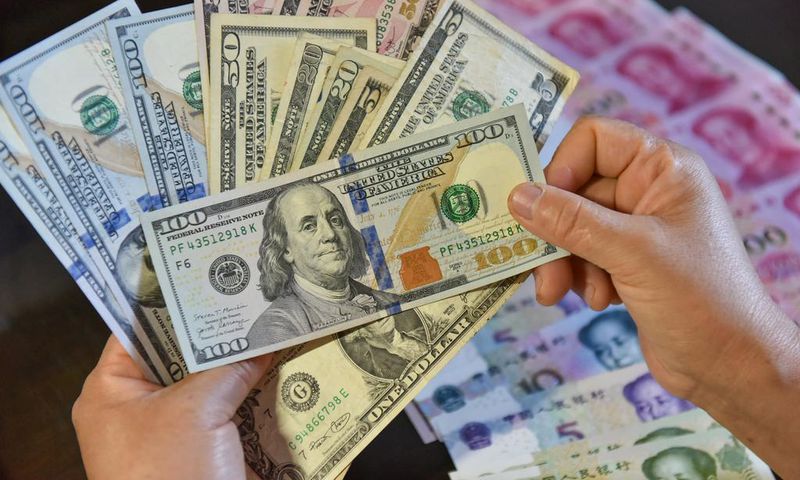
Tanzania has officially banned the use of foreign currencies in domestic transactions, aiming to strengthen the local currency, the Tanzanian shilling, and tighten control over its financial system. The Bank of Tanzania announced the decision, stating that all payments for goods and services within the country must now be made in Tanzanian shillings.
The new rules, effective since March 28, prohibit businesses from setting, advertising, or quoting prices in foreign currencies like the US dollar or euro. No one is allowed to reject payments made in Tanzanian shillings. Contracts denominated in foreign currencies are now subject to strict restrictions, and agreements signed or renewed after the regulation’s start date cannot include provisions for foreign currency payments.
Tourists and non-residents are exempt from the restrictions but must exchange currency through official channels, including licensed banks and forex bureaus. They can also use credit or debit cards or mobile payment platforms.
The move comes as the Tanzanian shilling struggles to maintain stability, having declined 3.6% between April 2024 and April 2025. The Bank of Tanzania attributes the recent depreciation to seasonal fluctuations in foreign exchange supply and stresses its commitment to a flexible exchange rate regime.
Despite recent volatility, Tanzania’s foreign exchange reserves remain solid, totaling over $5.6 billion at the end of Q1 2025, enough to cover 4.5 months of imports. The government plans to support the shilling through continued gold and foreign currency purchases, export promotion, and import substitution policies. The International Monetary Fund forecasts continued growth in 2025, reinforcing the Bank of Tanzania’s optimism.








